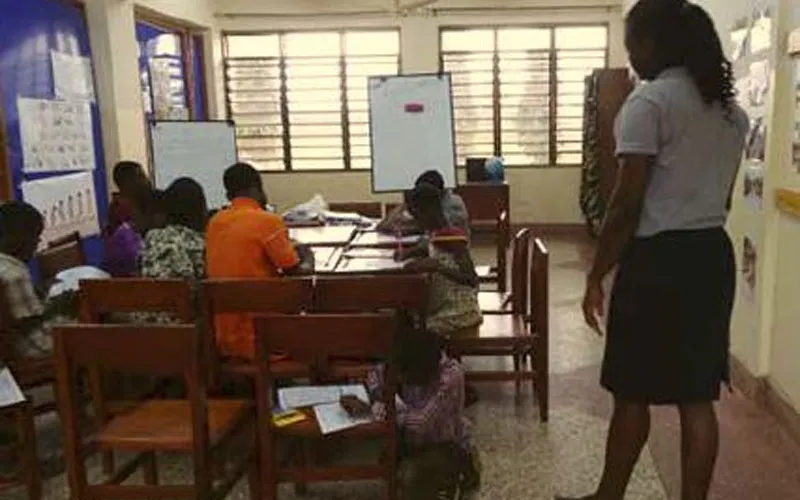The report further indicates that Italian institution Club Alpino Italiano (CAI) funds the initiative in partnership with the Australian Institute of Business Intelligence (AiBi) and the International Voluntary Service (VIS).
They say that AiBi and VIS also facilitated the provision of hygiene materials for children including bathing and washing soap, toothpaste and toothbrushes, hair creams, body creams, and other essential products.
SDB officials depict Diana, a young psychologist, as one of the personnel providing sessions to children and families.
Through the sessions, they say, “Diana learned of the severe difficulties that many families face including food insecurity.”
Upon going through the training, some children have recorded progress and expressed the desire to return to their respective homes to continue with formal education.
“Youth also work in group therapy sessions so they can connect with and learn from others their age to begin to understand and address their life challenges,” SDB officials say in an effort to highlight the success of the Don Bosco Child Protection Center initiative being realized in Accra Archdiocese.
In the November 21 report, the Director of the U.S development arm of the SDB, Salesian Missions, is quoted as saying that children enrolled at the Ashaiman Center receive psychological support because of the challenges they have experienced in their respective lives.
“The children at the center have gone through a great deal of challenges in their short lives and psychological support is essential to ensure successful family reunification,” says Fr. Gus Baek.
Fr. Baek adds, “At Salesian centers, youth access the supportive services they need to start the rehabilitation process, reunite with their families and return to school so they can start skills training.”
In a separate report also published November 21, SDB officials report about more than 360 youth in the Democratic Republic of the Congo (DRC) who are beneficiaries of Salesians’ nutritional support.








